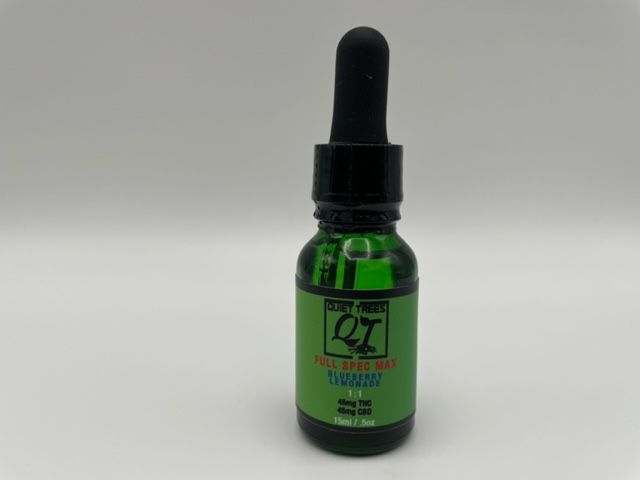
In recent years, the potential therapeutic effects of cannabidiol (CBD) have garnered significant attention, particularly in the realm of neurodegenerative diseases such as Alzheimer’s and dementia. With an aging global population, the prevalence of these conditions is on the rise, driving the urgency for effective treatments and interventions. Amidst this backdrop, researchers have turned their focus to CBD, a non-psychoactive compound derived from the hemp plant, for its promising neuroprotective properties and its potential to mitigate cognitive decline associated with Alzheimer’s and dementia.
Understanding Alzheimer’s and Dementia
Alzheimer’s disease and dementia are progressive neurodegenerative disorders characterized by a decline in cognitive function, including memory loss, impaired reasoning, and changes in behavior. These conditions not only affect the individuals afflicted but also place a significant burden on caregivers and healthcare systems worldwide.
Alzheimer’s disease, in particular, is the most common cause of dementia, accounting for approximately 60-70% of cases. It is characterized by the accumulation of beta-amyloid plaques and tau protein tangles in the brain, leading to the gradual loss of neurons and synapses. As the disease progresses, individuals experience worsening symptoms, ultimately resulting in severe cognitive impairment and the inability to perform daily tasks independently.
The Potential of CBD in Neuroprotection
CBD has emerged as a promising candidate for the treatment of neurodegenerative diseases due to its diverse pharmacological effects. Unlike tetrahydrocannabinol (THC), another compound found in hemp known for its psychoactive properties, CBD does not induce intoxication, making it more suitable for therapeutic use, especially in elderly populations.
Anti-inflammatory Properties
One of the key mechanisms by which CBD exerts its neuroprotective effects is through its anti-inflammatory properties. Chronic inflammation plays a significant role in the progression of neurodegenerative diseases, including Alzheimer’s and dementia. CBD has been shown to modulate the immune response and reduce inflammation in the brain, potentially slowing the degenerative processes associated with these conditions.
Neurogenesis and Neuroplasticity
Another intriguing aspect of CBD’s therapeutic potential lies in its ability to promote neurogenesis – the formation of new neurons – and enhance neuroplasticity, the brain’s ability to reorganize and form new connections. Studies have demonstrated that CBD may stimulate the growth of neurons in the hippocampus, a brain region crucial for learning and memory, which is particularly affected in Alzheimer’s disease.
Antioxidant Effects
Furthermore, CBD exhibits potent antioxidant properties, helping to combat oxidative stress, which contributes to neuronal damage and cell death in neurodegenerative disorders. By scavenging free radicals and reducing oxidative damage, CBD may help protect brain cells from degeneration and preserve cognitive function.

Clinical Evidence and Future Directions
While preclinical studies and anecdotal reports have provided compelling evidence of CBD’s potential efficacy in mitigating cognitive decline associated with Alzheimer’s and dementia, more rigorous clinical trials are needed to validate these findings and determine the optimal dosages and delivery methods for therapeutic use. For more insights and further information about CBD, head to this site to learn more.
Several ongoing studies are investigating the effects of CBD on cognitive function and neurodegeneration in human subjects with Alzheimer’s disease and other forms of dementia. These trials aim to elucidate the underlying mechanisms of CBD’s action, assess its safety profile, and evaluate its efficacy as a standalone treatment or in combination with existing therapies.
Conclusion
In conclusion, CBD holds great promise as a therapeutic agent for addressing cognitive decline in Alzheimer’s disease and dementia. Its multifaceted pharmacological effects, including anti-inflammatory, neurogenic, and antioxidant properties, make it a compelling candidate for further research and clinical development. While more evidence is needed to fully understand its mechanisms of action and therapeutic potential, CBD represents a beacon of hope in the quest for effective treatments for neurodegenerative diseases that afflict millions worldwide.
